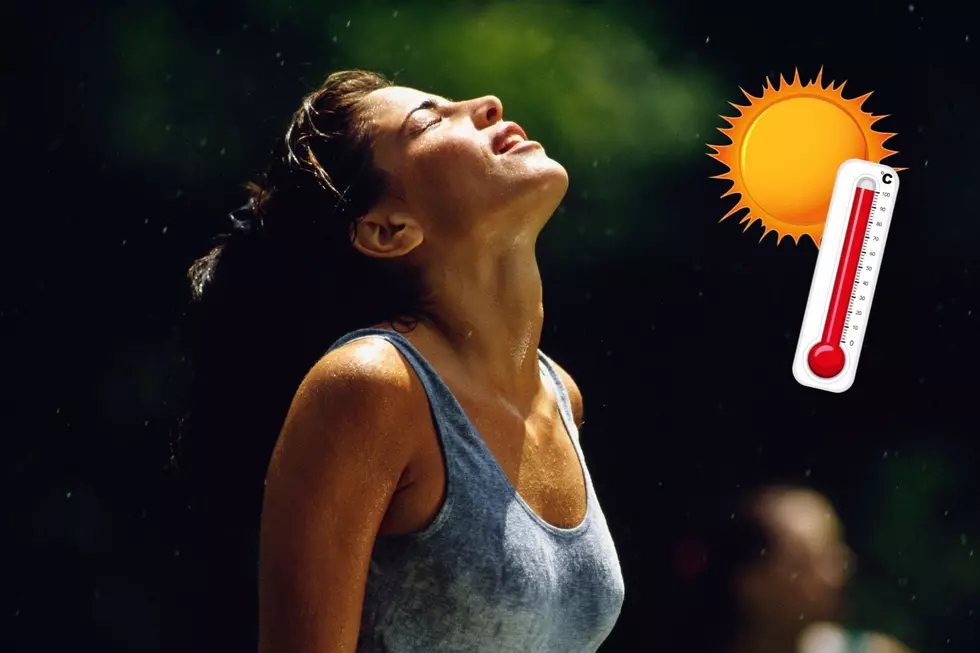
Is “Hudson Valley Humidity” a Medical Term? If So, Why?
My dad and I were out golfing, and we got into a conversation about humidity, as you do, saying the typical lines like, "this heat wouldn't be so bad if it wasn't as humid," and such. My dad tells me that he got paired playing golf with a doctor from South Korea once. The two of them got talking about the weather and humidity that day, and the doctor recounted hearing about "Hudson Valley Humidity" in his medical studies.
Why was our humble region singled out in his medical studies? Was this just a joke, or is there some kind of health backing to this?
Hudson Valley Humidity
To see where we stand on humidity, we have to take a look at what is around us. The state with the highest level of humidity is Alaska coming in at 77.1%. New York State sits right under the Top 10 most humid states with a relative humidity of 70.7%. According to climate data from Albany International Airport, the average relative humidity was 70.0%.
So, the Hudson Valley is up there when it comes to levels of relative humidity, but we are definitely not the most humid area. So why would "Hudson Valley Humidity" be taught in medical schools?

The Hudson Valley is the Worst Place to Live for Allergy Sufferers
The reason why "Hudson Valley Humidity" is a medical topic is not just because of the humidity alone, but how it is connected to allergy sufferers. According to the Asthma and Allergy Foundation of America, Albany was ranked 10th in the nation for 2022 Allergy Capitals. Poughkeepsie is ranked 33 in the nation. The Foundation annually ranks the Hudson Valley as one of the most challenging places to live with seasonal allergies in the United States. The incredible foliage, impeccable gardens, towering mountains and flowing river may make for a visual masterpiece, but it is a death trap for allergy sufferers.
Allergies are typically triggered by pollen spores, whether it is tree pollen in the spring, grass pollen in the summer and weed pollen in the fall. Combine that with high humidity, and things become very difficult for those dealing with asthma and allergies. High humidity can cause allergic rhinitis (hay fever) that shows symptoms of sneezing, coughing, itchy or watery eyes, wheezing, and more.
According to the Environmental Protection Agency (EPA), indoor humidity levels should be kept below 60% and relative humidity between 30 and 50%. Living in a valley, pollen and humidity get trapped with a lack of airflow, only intensifying allergy symptoms.
Condemned Town Just Hours From The Hudson Valley is Burning Underneath
How Many Dead Animals Can You Spot in this Hudson Valley Mansion?
Read On! 11 Small Catskill Mountain Towns That We Love
More From WZAD-WCZX The Wolf










